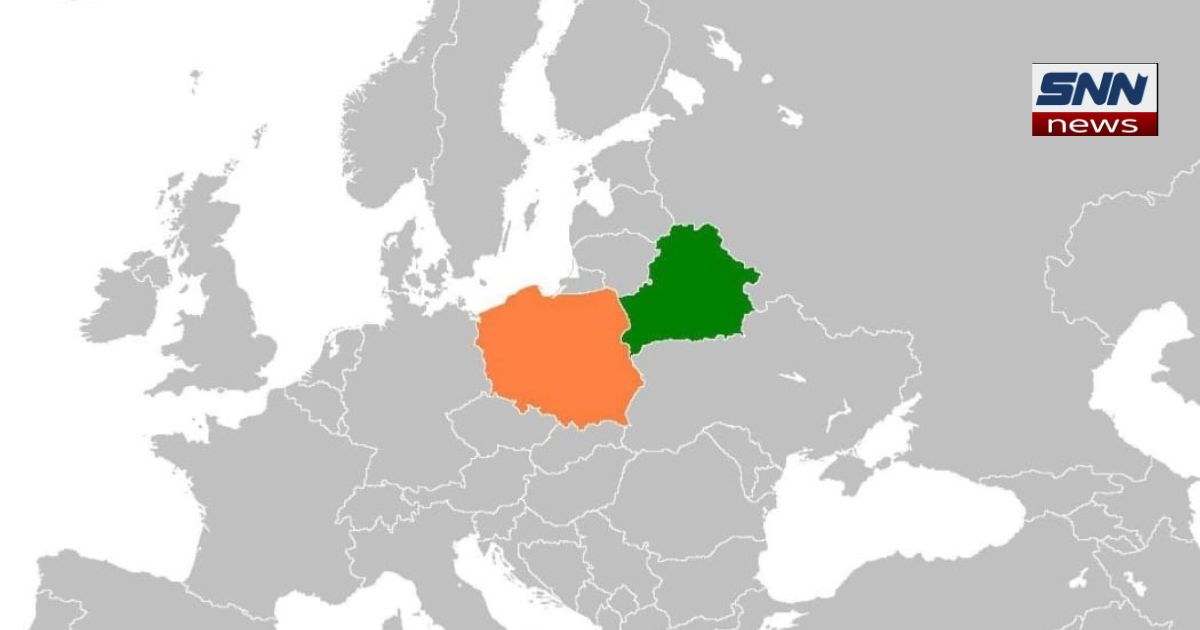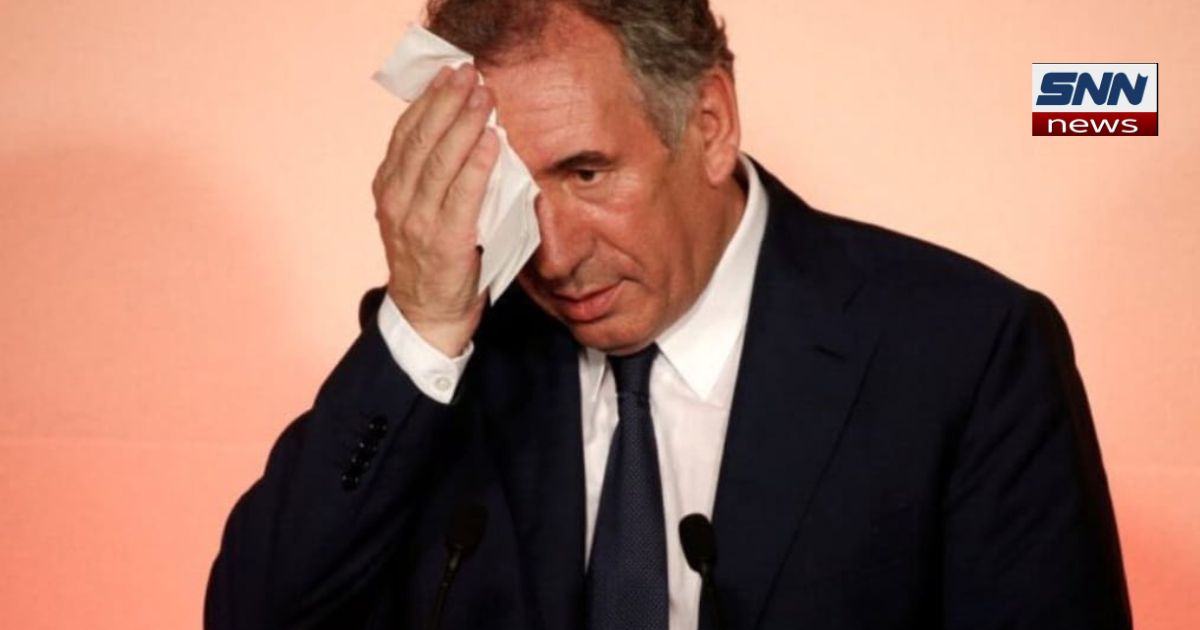SHUMAILA ASLAM
Scandinavian news agency
Bureau Chief Pakistan
“My head is hurting a lot, I feel tightness in my chest, I’m feeling very fatigued, I’m feeling dizzy.
In our daily lives, we often experience these symptoms ourselves or hear about them from people around us.
However, we usually don’t realize that these seemingly ordinary issues can sometimes be signs of a silent killer disease, such as blood pressure.
Yes, the silent killer. Both high blood pressure (hypertension) and low blood pressure (hypotension) are dangerous enemies of human health and often, we don’t even realize it.
Many of us may already be suffering from it or are at risk without knowing.”.
Why do we suffer from this disease?

There are two types of blood pressure: high blood pressure and low blood pressure, each with different causes and symptoms.
Symptoms of High Blood Pressure, • Excessive salt intake – Smoking – Lack of exercise, obesity – Kidney disease – Lack of sleep, among other factors Causes of Low Blood Pressure,
– Heart problems – Dehydration – Anemia – Endocrine issues How can blood pressure be controlled? In daily life, the first step should be to reduce salt intake. A routine of daily walks or exercise should be established.
Good sleep and vitamin C intake also help improve it. Symptoms of Low Blood Pressure, – Dizziness – Headache – Feeling weak – Blurred vision – Nausea – Fainting – Rapid or slow heartbeat – Excessive sweating – Neck or back pain
How to Control Blood Pressure

If you suffer from high blood pressure, the first step is to minimize sodium (salt) intake.
Eat leafy greens, beans, beets, bananas, fish, avocado, garlic, berries, yogurt, oatmeal, and pomegranates, and try to drink more water.
If you have low blood pressure, try incorporating these foods into your diet: Fruits such as bananas, blueberries, strawberries, watermelon, cantaloupe, and lemon are beneficial.
For vegetables and grains, include spinach, fenugreek, beets, garlic, oats, brown rice, and whole wheat bread in your meals.
When Should You Consult a Doctor? If your blood pressure is above 180/120 mmHg, you should contact a doctor immediately, as this is an extremely high blood pressure level requiring urgent medical attention.
If you have any concerns about your blood pressure, consult your doctor for proper guidance. In short, high or low blood pressure is a serious issue that requires timely treatment.
By consulting a doctor, you can manage your blood pressure effectively and prevent many health problems early on, leading a healthier life.









